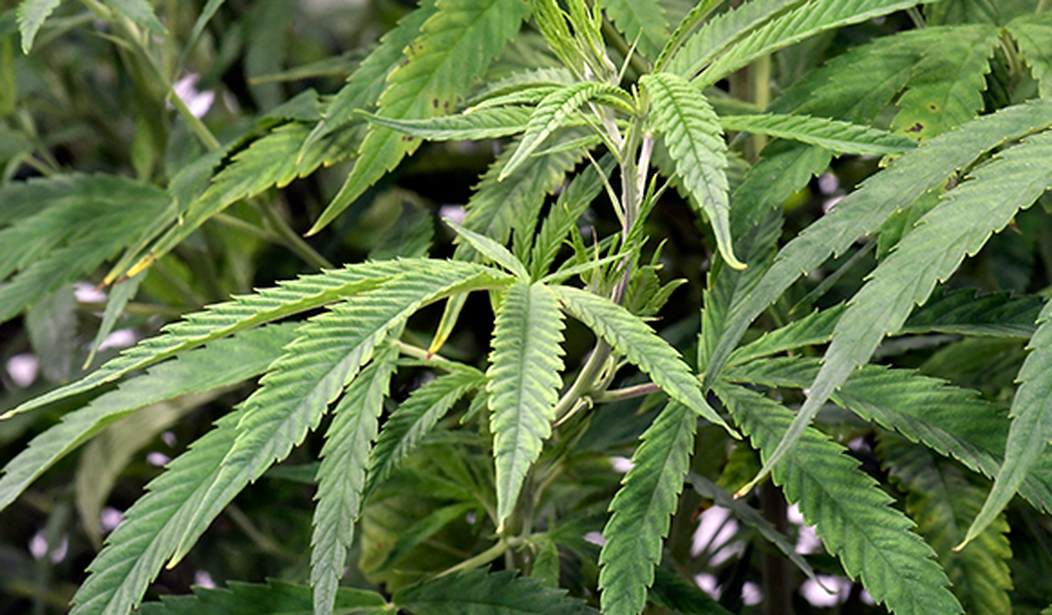Legislators in New York and New Mexico voted last week to legalize recreational marijuana, as their counterparts in New Jersey had done the previous month. The three plans, which bring the number of states that have approved legalization to 17, reflect some of the lessons that policymakers have learned -- and in some cases ignored -- since Colorado became the first state to take that step in 2012.
1. Expungement. Unlike the first few states to legalize marijuana, New Jersey, New York and New Mexico are simultaneously trying to alleviate the damage done by prohibition. All three states are creating expungement programs to remove the taint of criminality from people who were convicted of marijuana-related conduct that is no longer illegal.
2. Stoned Driving. New Jersey, New York and New Mexico, unlike several other states with legal pot, wisely eschewed defining marijuana-impaired driving based on THC blood levels, which are not a reliable measure of intoxication. All three states will continue to require additional evidence of impairment, such as erratic driving and performance on sobriety tests.
3. Cannabis Cafes. After the first few states legalized marijuana, dispensary customers -- especially tourists -- frequently had trouble finding a place where they could legally consume the pot they could now legally buy. New Jersey, New York and New Mexico address that problem by allowing marijuana use in specially licensed consumption areas.
4. Home Delivery. When states allow local governments to ban dispensaries, even buying marijuana can be difficult. Home delivery, which New Jersey, New York and New Mexico all will allow, frees cannabis consumers from the dictates of weed-unfriendly jurisdictions.
5. Home Cultivation. Most states where marijuana is legal let recreational consumers grow cannabis at home to use and share with friends. New Mexico will permit home cultivation as of June, so consumers won't have to continue relying on the black market until state-licensed pot shops are up and running, which is supposed to happen by April 1, 2022.
Recommended
New York, by contrast, is delaying permission for home cultivation until up to 18 months after the first recreational dispensary opens, which could mean consumers won't be allowed to grow marijuana until late 2023 or early 2024. New Jersey, meanwhile, is prohibiting homegrown marijuana altogether.
6. Taxes. New York's long delay in allowing home cultivation presumably is aimed at helping newly licensed suppliers establish themselves and displace the black market. But when it comes to taxes, New York legislators do not seem very keen on helping the industry -- or consumers.
New York plans to tax marijuana based on THC content, but with different rates for different products: higher for concentrates than for flower, and higher still for edibles. A consumer who eats a square of chocolate containing 10 milligrams of THC will be taxed six times as heavily as a consumer who smokes the same dose, which does not make much sense if the aim is to reduce cannabis-related health hazards.
The THC levy may amount to a tax as high as 30 percent, depending on costs, THC content, and product type. That's on top of a 13 percent marijuana sales tax, which is in addition to general state and local sales taxes that run as high as 8.9 percent.
New Jersey plans to impose an excise tax ranging from less than 3 percent to more than 30 percent, depending on the average retail price per ounce. The state also will allow local governments to collect multiple taxes from growers, manufacturers, wholesalers, and retailers, with the rate capped at 2 percent for each transaction.
New Mexico's marijuana sales tax is simple and modest by comparison: 12 percent initially, rising gradually to 18 percent by July 2030. States such as Alaska, Illinois, Maine, Massachusetts and Michigan tax marijuana even more lightly.
These states seem to recognize that heavy taxes make it harder for licensed retailers to compete with black-market dealers. It's a lesson that some politicians will have to learn all over again.
Jacob Sullum is a senior editor at Reason magazine. Follow him on Twitter: @JacobSullum.

























Join the conversation as a VIP Member